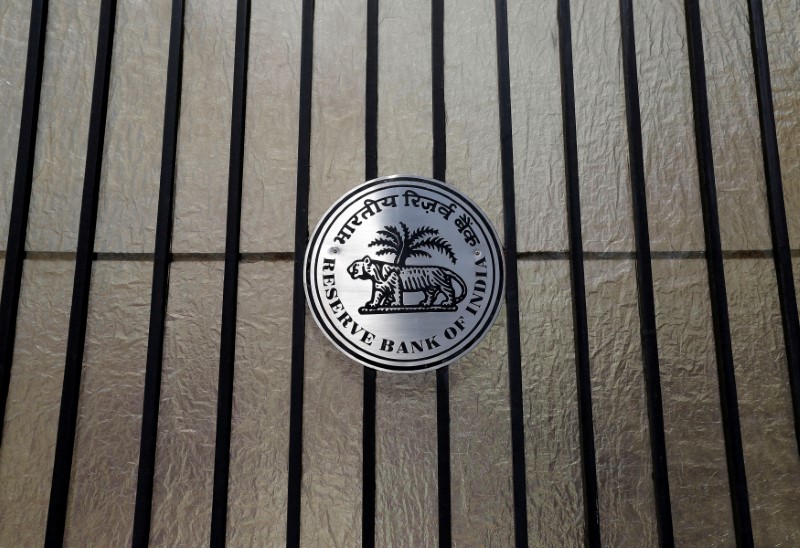Investing.com-- The Reserve Bank of India kept interest rates unchanged as widely expected, and reiterated that it will continue to withdraw accommodative policy to ensure a decline in inflation.
The central bank slightly trimmed its gross domestic product outlook for the current quarter, but maintained its GDP outlook for the year.
The RBI kept its policy repo rate at 6.5% for an eighth consecutive meeting as expected.
Governor Shaktikanta Das said the bank will continue to withdraw accommodative policy, with a particular focus on the recent resurgence in inflation.
Indian consumer price index inflation unexpectedly rose to 5.1% in June, with food remaining a key driver of prices, even as fuel costs fell on weaker oil prices and as services inflation eased.
The RBI expects inflation to ease in the third quarter, and to finish the year between 4% and 4.5%.
Das, speaking in a live stream, flagged no immediate plans to begin loosening policy, in contrast to dovish signals from the Federal Reserve in recent weeks.
The RBI governor did not comment on recent weakness in the rupee, where the USDINR pair- which gauges the amount of rupees needed to buy one dollar- surged to a record high of over 84 rupees this week.
Das said that the rupee had remained largely stable in recent months, highlighting India’s economic stability.
RBI sees slightly weaker Q1 GDP, but 2024-25 growth remains on track
Das said that the Indian economy is now expected to grow 7.1% in the current quarter, weaker than initial projections of 7.5%, citing headwinds from softer corporate profitability, government expenditure and output from core industries.
But the economy is still expected to grow 7.2% in the current fiscal year- maintaining its strong pace of growth for three years running.
India’s economy is the fastest growing major economy- a trend that has drawn a slew of foreign investors into its markets, in turn sparking sharp gains on the Nifty 50 and BSE Sensex 30.
But India’s stock benchmarks fell around 0.5% each on Thursday after the RBI meeting, while the rupee also softened slightly.
